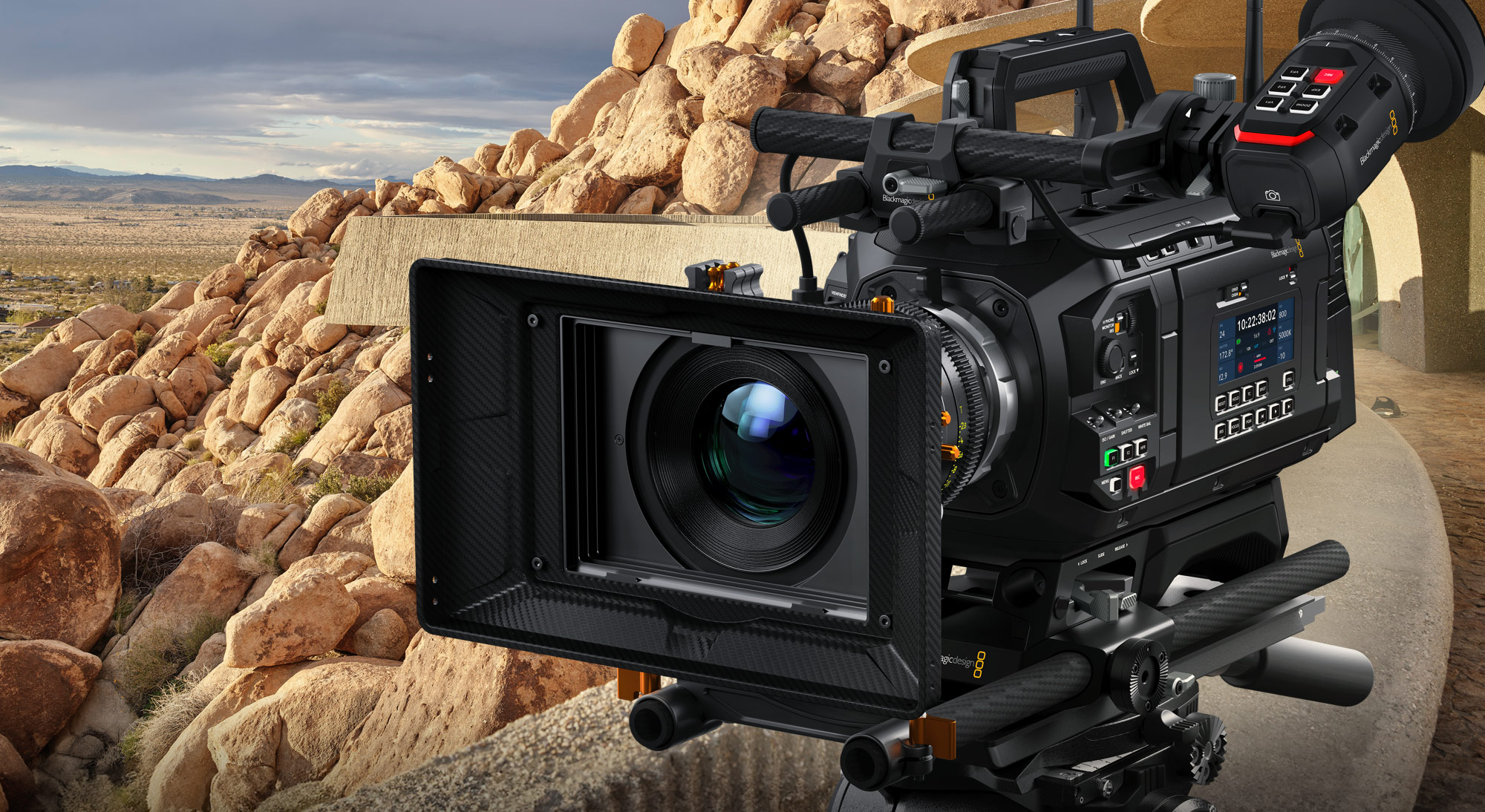Blackmagic URSA Cine 12K LF Added to Netflix’s Approved Camera List
Streamer requires that 90% of a program’s runtime be shot on approved cameras

FREMONT, Calif. —Blackmagic Design has announced that its URSA Cine 12K LF digital film camera was recently added to the Netflix Approved Camera List.
Officially titled “Cameras and Image Capture: Requirements and Best Practices,” the list highlights the capture requirements necessary to be qualified as an approved camera by the streamer, including dynamic range, resolution, codec, workflow compatibility and more. Netflix requires 90% of a program’s final total runtime to be captured on approved cameras.
The list already includes the Blackmagic Design URSA Mini Pro 4.6K G2 and Blackmagic URSA Mini Pro 12K OLPF among its approved systems.
Blackmagic URSA Cine is a digital film camera that features new advanced digital film technology combined with total integration into the postproduction workflow. The company said that it is the first digital film camera with fast, high-capability storage built in, plus high-speed networking for on-set media sync.
Blackmagic URSA Cine also introduces a new large format RGBW 36 x 24-millimeter image sensor with larger photo sites for incredible dynamic range. In addition, users can swap between PL, LPL, EF and Hasselblad lens mounts. There is also WiFi with SRT streaming for remote client viewing. Industry standard Lemo and Fischer connections make it perfect for high-end cinema production, Blackmagic Design said.
See the Netflix Partner Help Center Camera Guide here.
Get the TV Tech Newsletter
The professional video industry's #1 source for news, trends and product and tech information. Sign up below.
George Winslow is the senior content producer for TV Tech. He has written about the television, media and technology industries for nearly 30 years for such publications as Broadcasting & Cable, Multichannel News and TV Tech. Over the years, he has edited a number of magazines, including Multichannel News International and World Screen, and moderated panels at such major industry events as NAB and MIP TV. He has published two books and dozens of encyclopedia articles on such subjects as the media, New York City history and economics.

